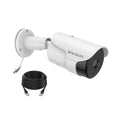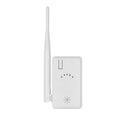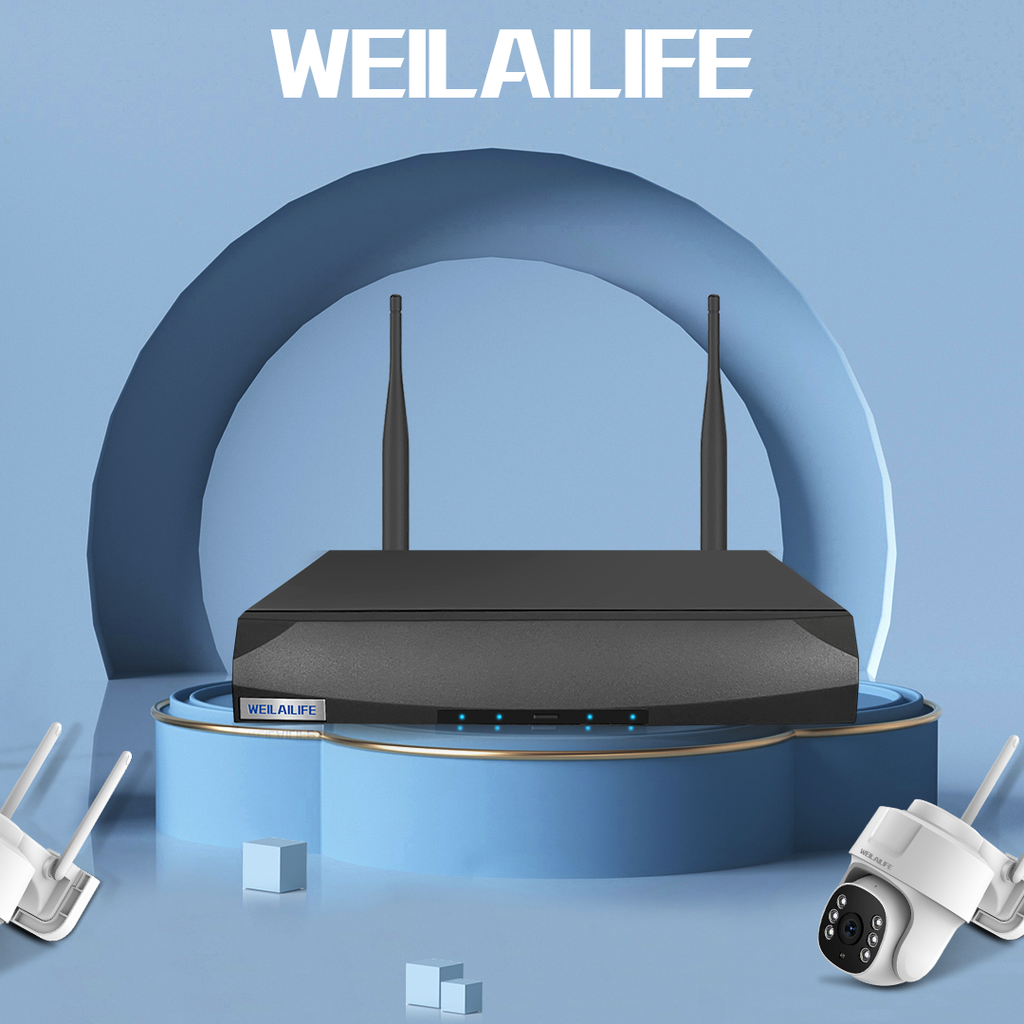Monitoring Devices and Radiation: Understanding the Impact from the Perspective of WEILAILIFE Brand
Introduction
In recent years, concerns about radiation exposure from various electronic devices have grown. As a leading brand in the monitoring equipment industry, WEILAILIFE values the well-being and safety of its customers. In this article, we will address the topic of radiation from monitoring devices and explain the different types of radiation they emit. We aim to provide our customers with accurate information to make informed decisions about their security needs.
Types of Radiation
Radiation can be broadly categorized into two types: ionizing radiation and non-ionizing radiation. Ionizing radiation, such as X-rays and gamma rays, has high energy levels and can potentially cause cellular damage. On the other hand, non-ionizing radiation includes electromagnetic radiation and ultraviolet (UV) radiation, which generally have lower energy levels and are considered less harmful to the human body.
Monitoring Devices and Non-Ionizing Radiation
The monitoring devices provided by WEILAILIFE primarily utilize non-ionizing radiation, specifically electromagnetic radiation. This includes wireless networks, Bluetooth, and infrared signals. It is important to note that the radiation emitted by these devices is generally low in intensity and falls within safe exposure limits established by relevant regulatory authorities.
Minimal Impact on Human Health
The impact of non-ionizing radiation on human health is a topic of ongoing research. However, it is widely accepted that the radiation levels emitted by monitoring devices are well below the safety thresholds. The exposure to electromagnetic radiation from these devices is considered safe for everyday use.
Limited Radiation Range
Furthermore, the radiation range of monitoring devices is typically quite small. Users are only exposed to minimal radiation when they are in close proximity to the devices. As a result, the potential impact on human health is negligible, even when considering prolonged exposure over time.
Safety Measures by WEILAILIFE
At WEILAILIFE, we prioritize the safety and well-being of our customers. Our monitoring devices are designed and manufactured in compliance with international safety standards. We regularly conduct rigorous testing to ensure that the devices emit minimal radiation and meet all safety requirements.
Conclusion
In conclusion, monitoring devices, including those offered by WEILAILIFE, primarily emit non-ionizing radiation, which is considered safe for human use. The radiation levels are well below established safety limits, and the impact on human health is negligible due to the limited radiation range. As a responsible brand, WEILAILIFE continues to focus on providing high-quality and secure monitoring solutions to our customers. We aim to maintain transparency and uphold safety standards in all aspects of our products and services.
In recent years, concerns about radiation exposure from various electronic devices have grown. As a leading brand in the monitoring equipment industry, WEILAILIFE values the well-being and safety of its customers. In this article, we will address the topic of radiation from monitoring devices and explain the different types of radiation they emit. We aim to provide our customers with accurate information to make informed decisions about their security needs.
Types of Radiation
Radiation can be broadly categorized into two types: ionizing radiation and non-ionizing radiation. Ionizing radiation, such as X-rays and gamma rays, has high energy levels and can potentially cause cellular damage. On the other hand, non-ionizing radiation includes electromagnetic radiation and ultraviolet (UV) radiation, which generally have lower energy levels and are considered less harmful to the human body.
Monitoring Devices and Non-Ionizing Radiation
The monitoring devices provided by WEILAILIFE primarily utilize non-ionizing radiation, specifically electromagnetic radiation. This includes wireless networks, Bluetooth, and infrared signals. It is important to note that the radiation emitted by these devices is generally low in intensity and falls within safe exposure limits established by relevant regulatory authorities.
Minimal Impact on Human Health
The impact of non-ionizing radiation on human health is a topic of ongoing research. However, it is widely accepted that the radiation levels emitted by monitoring devices are well below the safety thresholds. The exposure to electromagnetic radiation from these devices is considered safe for everyday use.
Limited Radiation Range
Furthermore, the radiation range of monitoring devices is typically quite small. Users are only exposed to minimal radiation when they are in close proximity to the devices. As a result, the potential impact on human health is negligible, even when considering prolonged exposure over time.
Safety Measures by WEILAILIFE
At WEILAILIFE, we prioritize the safety and well-being of our customers. Our monitoring devices are designed and manufactured in compliance with international safety standards. We regularly conduct rigorous testing to ensure that the devices emit minimal radiation and meet all safety requirements.
Conclusion
In conclusion, monitoring devices, including those offered by WEILAILIFE, primarily emit non-ionizing radiation, which is considered safe for human use. The radiation levels are well below established safety limits, and the impact on human health is negligible due to the limited radiation range. As a responsible brand, WEILAILIFE continues to focus on providing high-quality and secure monitoring solutions to our customers. We aim to maintain transparency and uphold safety standards in all aspects of our products and services.
Sample Block Quote
Nam tempus turpis at metus scelerisque placerat nulla deumantos sollicitudin delos felis. Pellentesque diam dolor an elementum et lobortis at mollis ut risus. Curabitur semper sagittis mino de condimentum.
Sample Paragraph Text
Lorem ipsum dolor sit amet, consectetur adipiscing elit. Morbi ut blandit risus. Donec mollis nec tellus et rutrum. Orci varius natoque de penatibus et magnis dis parturient montes, nascetur ridiculus mus. Ut consequat quam a purus faucibus scelerisque. Mauris ac dui ante. Pellentesque congue porttitor tempus. Donec sodales dapibus urna sed dictum.









